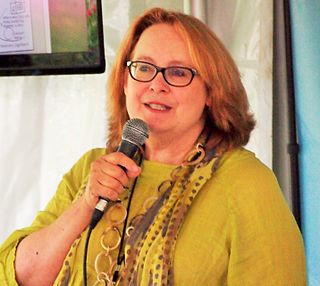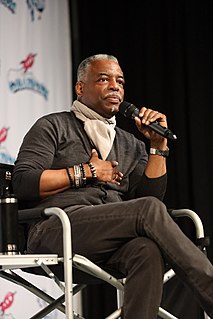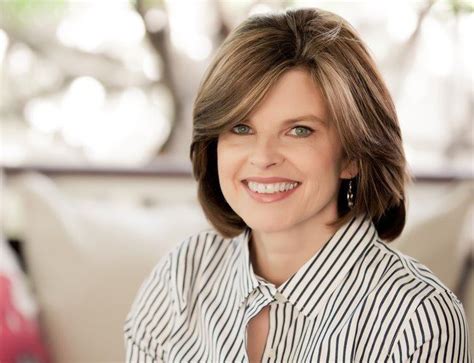A Quote by Jacqueline Woodson
Labeling is not the best way to get young people to deeply engage in reading.
Related Quotes
Reading is always a way of forming a bond with other people. I'm not very good at socializing - I quite like spending time alone - so reading is a way of engaging quite deeply with the way other people think. Quite often when you meet other people socially you don't get to have a conversation of any depth. You end up talking about how well or how badly someone is doing at school or something of that sort. Questions like, "What we are," "Who we are," "Where are we going," you get those from literature and from people that spend some time thinking.
One of the most basic and pervasive social processes is the sorting and labeling of things, activities, and people... Sorting and labeling processes involve a trade-off of costs and benefits. In general, the more finely the sorting is done, the greater the benefits - and the costs... Sorting and labeling, whether of people or of things, is a sorting and labeling of probabilities rather than of certainties.
We didn't have all the distractions that young people have today. We didn't have these incredible computer games and social networks to engage with. I understand that. But once young readers do discover reading, when they discover a book which they fall in love with, it really unleashes something new in their imagination.
As a children's author, you get to advocate for reading and writing in general, in a way an adult author might not be able to. It's a really interesting dance we do to get literature into the hands of young people and to help them to become literate and become readers; we want them to grow up reading and continue to do so when they're adults.
Close reading of tough-minded writing is still the best, cheapest, and quickest method known for learning to think for yourself... Reading, and rigorous discussion of that reading in a way that obliges you to formulate a position and support it against objections, is an operational definition of education... reading, analysis, and discussion is the way we develop reliable judgment, the principle way we come to penetrate covert movements behind the facade of public appearances.
You could probably go all the way back to the first books. I bet people said 'why should you read when you could talk to other people?' The point of reading is that you get to deeply immerse yourself in a person's perspective. Right? Same thing with newspapers or phones or TVs. Soon it will be VR, I bet.





































